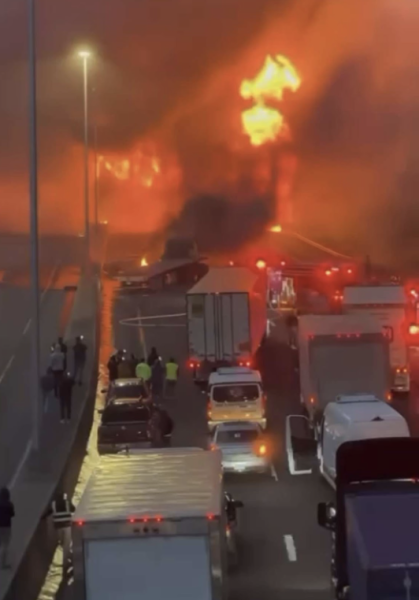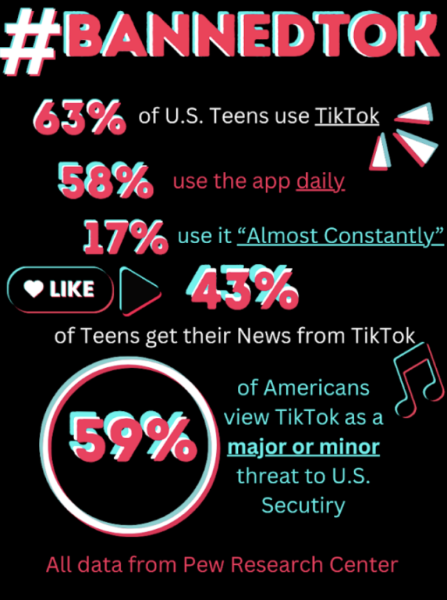Rise in Violence Isolates Egypt
Too dangerous to travel: Massoud and his younger brothers pose near the pyramids during their last family trip to Egypt in 2009. The violence has prevented families like Massoud’s from returning.
Last year, political turmoil in Egypt erupted into revolution and developed into more than a year of violence. This summer’s violence, though, leaving hundreds dead and thousands injured, disrupted the country further and isolated the country from the rest of the world, as international travelers changed their vacation plans and headed elsewhere. That included Nick Massoud ’15 and his family.
Massoud, whose father is Egyptian, planned to make a return trip to the country with his family in February of2011. But escalating violence proved too great a risk both then and more recently, Massoud said.
“Up until a month ago travel was completely possible if you know where you went, but most people have stopped going anyway,” Massoud said. “Some, like my grandpa and cousins, were able to stay safe, but I think the most recent protests have opened a Pandora’s box of violence.”
Massoud, interviewed last week, added that he is also concerned for the country as a whole, which is suffering.
“It’s too bad. But it’s bad for the whole country as well; it relies deeply on tourism.”
While Massoud acknowledged his disappointment in the cancellation of this summer’s trip, he said he does not regret avoiding any possible danger.
“In the last week and a half, traveling has turned to crap. A lot of planes have been cancelled, and getting out of the country is extremely difficult.”
Last week, the U.S. State Department urged citizens not to travel to Egypt for that exact reason. According to USA Today, multiple airlines are continually cancelling flights, leaving travelers stranded in the increasingly tumultuous country.
Massoud maintains some hope for other parts of the nation outside of Cairo, the capital of Egypt: “I also don’t think that violence and travel are mutually exclusive. During some of the smaller clashes recently, trouble was really limited to the center of Cairo…Over the next six months it’s possible for the protests to become smaller and secluded.”
Egyptian unrest began more than a year ago, and more than 600 Egyptians have been killed in the most recent string of protests. Earlier this summer, the country’s armed forces forced then-president Mohamed Morsi out of office, leading to violence between supporters of the coup and supporters of Morsi. Massoud said he chooses no side.
“There are different protests, and I think they individually can do good or bad.”
And like many other observers, Massoud doubts that Egypt can return to normalcy within the year.
“You have to remember that these revolutions and changes in the government take years to fully mature, and then, even after that, the country is still generally unstable.”
The news was a big part of Zach McCarthy’s life, and as he enters his senior
year, it still is. Growing up, the news was always playing in the background,...





















































